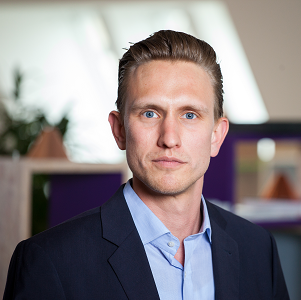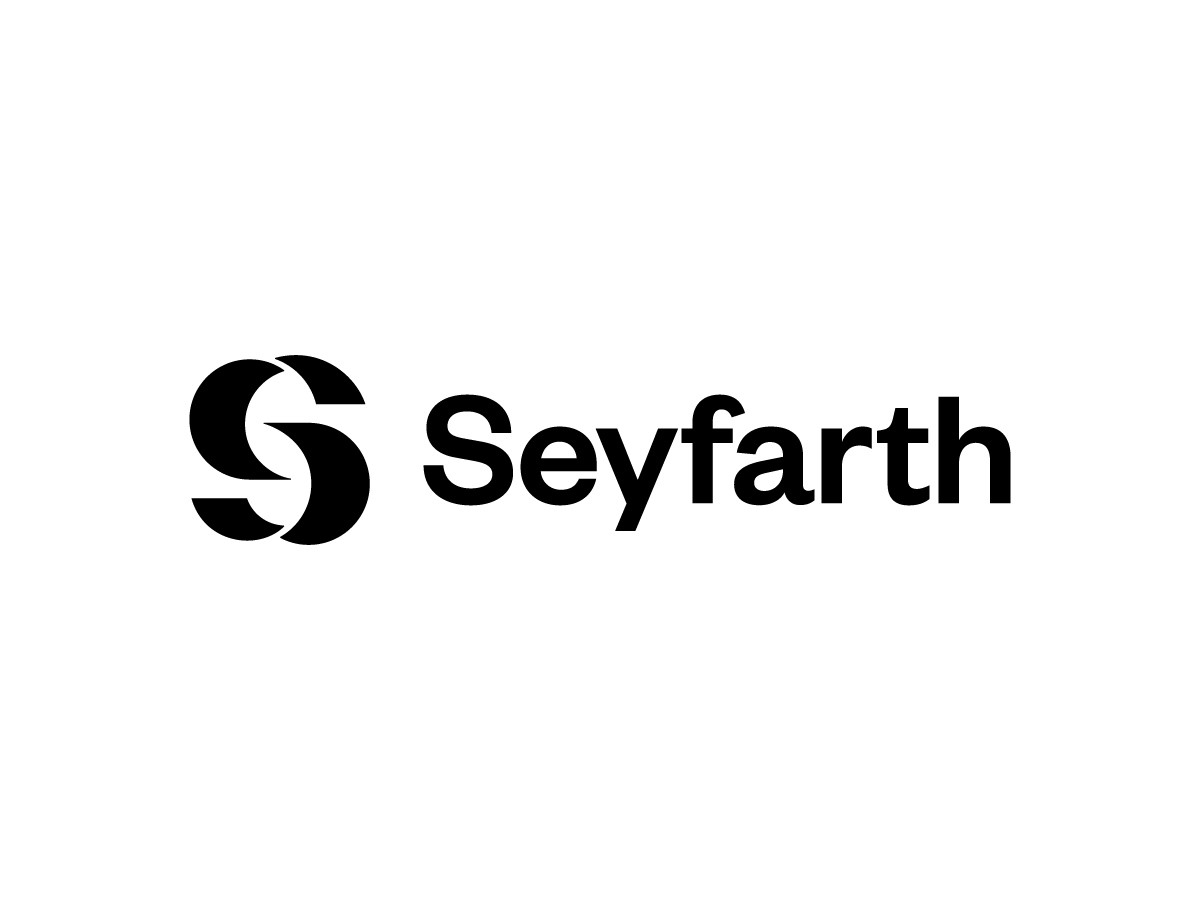Shogo Matsunaga on SEPs and the Law in Japan
Standard Essential Patent (SEP) litigation is global and SEP owners often follow a strategy to enforce their SEPs in multiple jurisdictions. Beyond the typical venues in the United States, Europe, or China, SEP cases are increasingly also resolved in less typical jurisdictions such as Brazil, Colombia and India. One country that has been largely ignored in global SEP enforcement strategies, however, is Japan. This is in many ways surprising given that Japan the fourth largest economy in the world and has over 121 million citizens. This huge buyers’ market has high demands in expensive smartphones or other smart devices, as well as one of the largest automotive industries.
For a long time, Japanese companies have been prominent patent applicants worldwide. Nevertheless, attempting to assert patents in Japan has often proved futile and costly. Looking back, the clashes in Japan during the Apple v. Samsung global patent dispute serve as a clear example of this situation. While pursuing billion-dollar lawsuits against Samsung in the United States, Apple lodged a comparatively minor claim of $1.3 million against Samsung in Japan, alleging infringement of seven Apple patents by Samsung’s Galaxy smartphones and tablets. However, shortly after a U.S. jury awarded Apple $1 billion for six of these patents, the Tokyo District Court determined that Samsung had not infringed any of Apple’s patents. Around the same period, Samsung counter-sued Apple in Japan for violating its SEPs related to cellular phone standards. Despite this, Japan’s IP High Court declined to grant an injunction and, on May 16, 2014, ruled that Samsung could not seek damages exceedingly approximately ¥9.96 million ($100,000).These notable patent litigations in Japan have left a lasting impact on global SEP enforcers. The prevailing sentiment was that if even major players like Apple and Samsung struggled to secure favorable outcomes in Japanese courts for SEP infringements, then there was little justification for pursuing enforcement there.
Shogo Matsunaga, one of the most influential SEP experts in Japan and Partner at Sonderhoff & Einsel, has worked on several SEP cases in Japan. Matsunaga provides a new perspective on SEPs in Japan in the latest SEPcouch podcast episode, moderated by Tim Pohlmann. Matsunaga explains that the outcome of the SEP rulings in Japan is often misinterpreted. He believes that Japanese courts are too often perceived as standards implementer friendly, which in his opinion is not the case.
Matsunaga believes that we will indeed soon see another SEP case litigated in Japan, maybe even later this year. Japanese courts have a proven track record of being efficient and the Japanese consumer market has increasing sales numbers for high-end smart phone generations and brands. But Matsunaga stresses that there needs to be more clarity in Japanese court interpretations. Also, future rulings would need to align with international case law.
Japanese government agencies such as the Japan Patent Office (JPO) or the Ministry of Economy, Trade and Industry (METI) have published guidelines for SEP licensing negotiations and fair value calculations. The government agencies overall identify three principles: 1) license to all, 2) top-down approach and 3) proportionality rule. These guidelines have been perceived as standard implementer friendly. Even though these guidelines are not binding and courts in practice do not use them very often, such government communications may scare away SEP-enforcing companies. Matsunaga explains that the main reason why SEP enforcement is not popular in Japan is, however, because the definition of a willing licensee in Japan is quite vague and SEP-enforcing parties fear losing cases or only getting low royalties when litigating in Japanese courts.
Global SEP licensing has disrupted worldwide supply chains in the auto industry. Suppliers that ship e.g. 4G connectivity boxes to OEMs often indemnify their customers, but SEP holders would only license to OEMs. SEP royalties were often not considered in the suppliers pricing and OEMs who then took a license, e.g. from patent platforms such as Avanci, would request back the royalties from their suppliers. Also, in Japan indemnification clauses became problematic when suppliers couldn’t secure licenses for the SEPs they included in their products. This issue led to the removal of many indemnification clauses in the Japanese automotive industry. When asked about the situation in Japan, Matsunaga explains that indemnification remains a critical topic, especially in emerging industries like IoT. He emphasizes that the Japanese industry must understand that SEP royalties are essential costs and warns against damaging the supply chain and missing out on technological competition by neglecting licensing agreements. But on that matter Matsunaga observes a changing mindset among IoT companies in Japan, some of which are learning from the experiences of automotive companies. Overall, while indemnification remains an issue, there is a shift towards greater awareness and understanding of licensing practices in Japan. Many of the Japanese IoT companies are eager to learn about SEP licensing and engaging in understanding it early on.
Japan has a very organized way to discuss SEP issues. METI has set up the “SEP study group,”which consists of over 150 member experts from various industries like Telecom, Automotive, Manufacturing, Home Appliances and many more. Matsunaga explains that when it’s about SEPs, the different points of view, e.g. between automotive OEMs and the SEP owners, are often not openly discussed. Matsunaga would love to see more contrivers discussions.
After all, Japan remains an interesting market and may very soon become another important SEP litigation venue. Matsunaga emphasizes the importance of promoting licensing through good-faith negotiations and the role of court cases in ensuring predictability.
Tim Pohlmann, Ph.D.
Tim Pohlmann is the CEO and founder of IPlytics. He earned his doctoral degree with the highest distinction from the Berlin Institute of Technology, with a dissertation on patenting and […see more]







